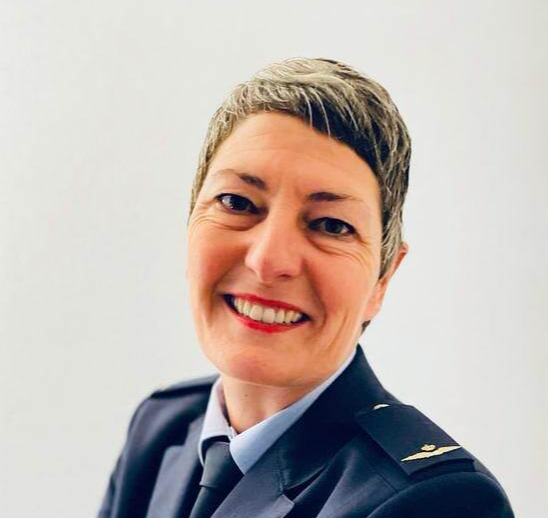Adopting a feminist foreign policy - United Kingdom
Adopting a feminist foreign policy
In light of International Women’s Day (UN Women), we highlight the Dutch Ministry of Foreign Affairs' step to adopt a feminist foreign policy, and how it impacts the work of various colleagues at the Dutch Embassy in the UK.
Feminist foreign policy
Equality is one of the cornerstones of the Dutch constitution. Yet major steps still need to be taken in the Netherlands – indeed, everywhere in the world – to achieve universal equality, particularly for women and girls.
Feminist foreign policy is by no means directed only at women. Developing and adopting a feminist foreign policy means that equal rights and equality become the main focus of all aspects of Dutch foreign policy. Netherlands is committing to protecting human rights, equal rights and opportunities, and promoting meaningful participation in decision-making by men and women and LGBTIQ+ people.
The focuses of feminist foreign policy are rights, representation, resources and reality check.
Over the coming year, the policy will be laid out in more detail, with input from broad-based consultation sessions. The Netherlands will also host an international conference on feminist foreign policy in the autumn of 2023 to help expand knowledge and facilitate discussion.
Read more: Feminist Foreign Policy explained
Results and opportunities
The Netherlands believes a Feminist Foreign Policy will lead to better and more sustainable results in the work that we do. By putting women and girls at the heart of our foreign policy, we increase security and prosperity for all. The first step towards change is always awareness. By adopting a Feminist Foreign Policy, the Dutch government is not only increasing awareness of gender inequality but also committing to greater efforts on gender mainstreaming throughout all foreign policy areas.
As North Sea Neighbours, the United Kingdom and the Netherlands share values and strong cooperation on foreign policy and sustainable development. The UK and the Netherlands have committed to working together on gender equality in our most recent Joint Statement. The United Kingdom does not have a Feminist Foreign Policy but does have a new International Women and Girls Strategy that also puts women and girls at the heart of the UK’s international work and offers plenty of opportunities to work together.
Practical implications
Astrid de Vries is the Cultural Attaché at the Dutch Embassy in the UK . Adopting a feminist foreign policy means that in my day-to-day work as Cultural Attaché, I am committed to supporting women in all possible ways. With our cultural programme in the UK, we support old masters AND young makers. And among these young makers, we have some very powerful women, who often work in interdisciplinary ways and present challenging, intriguing work. To name but a few, dancer/performer Cherish Menzo will perform Dark Matter at Leeds2023, and Smogware (designers Iris de Kievith and Annemarie Piscaer) will present their tableware made with air pollution in Glasgow: would you eat from it?
Next to providing opportunities for women makers to participate and perform, we also try to promote their representation. We no longer participate in so-called “all-male panels”. We no longer accept the excuse that it is hard to find women with certain levels of expertise. Our message is: look harder!
Organisational goals within the Dutch Ministry of Defense
Wing Commander Martine Verhulst, Air Attaché for the Dutch Ministry of Defense at the Dutch Embassy in the UK. Although we have not adopted a feminist foreign policy, the Ministry of Defense (MoD) in the Netherlands believes that diversity makes the organisation stronger and more effective. Change is needed to promote this diversity, and make us stronger as an organisation. The Dutch MoD will invest in organisational changes in the coming months and years to achieve this objective.
For example, every year, each Service within the MoD must report a Diversity and Inclusivity plan to the Secretary of Defense; diversity and inclusion will be integrated into custom-made plans for strategic personnel development. There will be a preference policy for women who want to join the armed forces. And last but not least, the organization is developing targets for the minimum number of women in top management roles within MoD.

